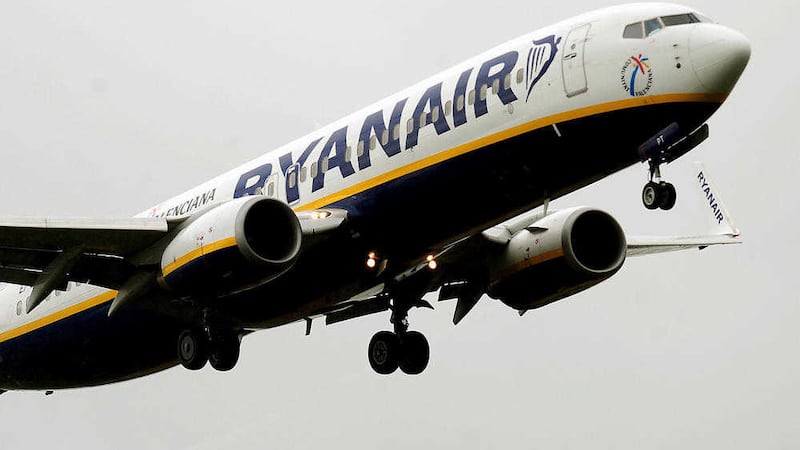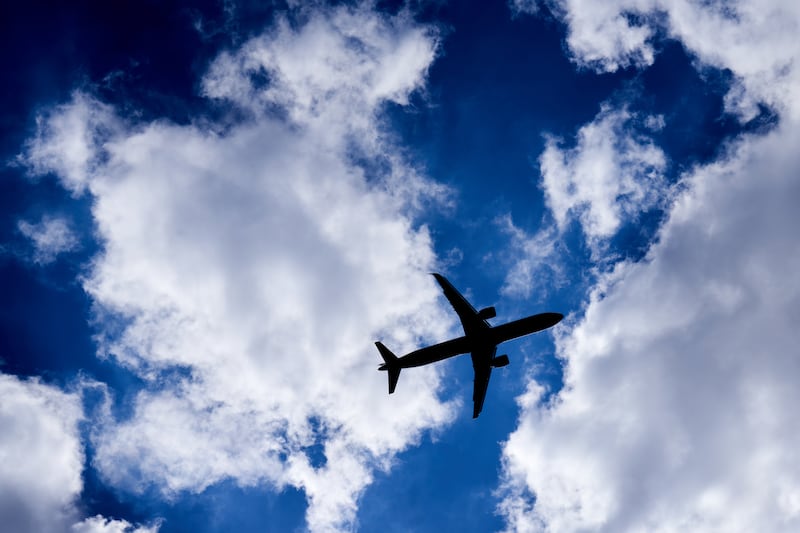DUBLIN-base carrier Ryanair is to "pivot" growth away from UK airports and instead focus on hubs in the European Union following the Brexit referendum result.
The budget airline said the decision by Britain to quit the European Union was "a surprise and a disappointment", adding: "We will pivot our growth away from UK airports and focus more on growing at our EU airports over the next two years.
"This winter we will cut capacity and frequency on many London Stansted routes (although no routes will close) where we are already significantly ahead of our multi-year traffic growth targets."
Ryanair also flagged that the vote result will mean lower economic growth, weaker consumer confidence and put downward pressure on fares until the end of 2017 "at least".
The company said there could be further implications if the UK is unable to negotiate access to the single market and the open skies regulatory framework currently in place across the EU.
However, the Irish carrier added that it could benefit if "our UK registered competitors are no longer permitted to operate intra-EU routes, or must divest their majority ownership of EU registered airlines".
The company made the remarks alongside first-quarter results, which saw net income rise 4 per cent to €256 million (£214 million) and revenue rise 2 per cent to €1.69 billion (£1.4 billion).
During the period it carried 31.2 million passengers, up 11 per cent on the same period of last year, while its unit costs fell by 9 per cent.
Fuel fell by €42m to €518m in the first quarter – and when fuel is excluded – fuel unit costs were cut 4 per cent due to factors such as lower cost aircraft, cheaper financing, discounted airport growth deals, and weaker sterling.
This was partly offset by slightly higher staff costs as five-year pay deals kick in across Ryanair’s 84 bases, while headcount rises in line with fleet growth.
The carrier said it is 95 per cent hedged for fuel for this financial year, and nearly 55 per cent hedged for its 2018 financial year. That allowed the airline to cut average fares by 10 per cent while still increasing its bottom line.
Ryanair said it was hit by market volatility arising from terrorist events and repeated air traffic control strikes in the period, particularly in France, which caused almost 1,000 flight cancellations.








